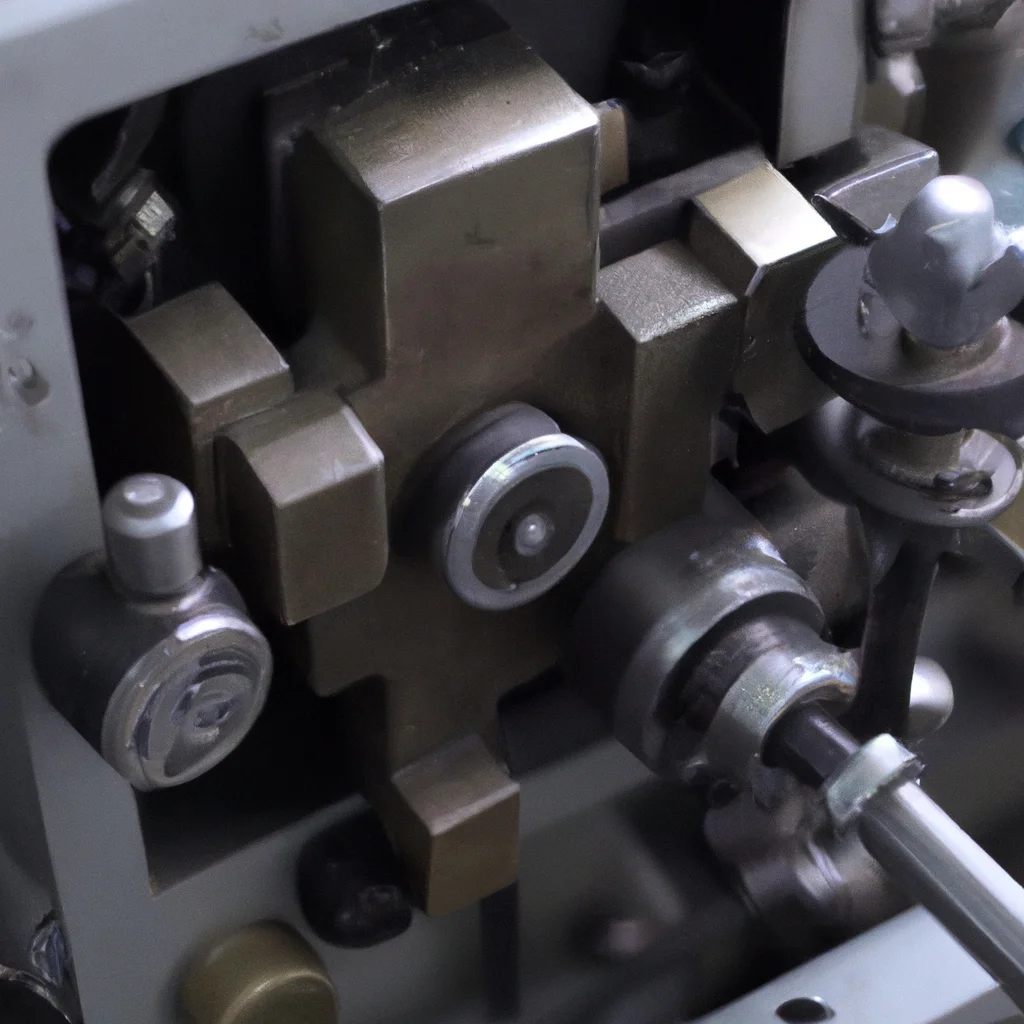How does a hydraulic system work?


How does a hydraulic system work?
A hydraulic system is an essential part of many machines we use in our daily lives, including excavators, cranes, forklifts, and hydraulic jacks. These systems use hydraulic power to operate hydraulic machinery and equipment. In this article, we will explain how a hydraulic system works, the components of a hydraulic system, and the applications of hydraulic power.
Working of Hydraulic System
A hydraulic system works based on Pascal’s Law, which states that pressure applied to a fluid in a closed system is transmitted equally in all directions. The hydraulic system consists of a hydraulic fluid, a hydraulic pump, hydraulic cylinder, hydraulic motor, and valves. The hydraulic fluid is a non-compressible liquid that transmits the force applied by the pump to the hydraulic machinery.
The hydraulic pump draws the hydraulic fluid from a reservoir and pushes it through the system. The hydraulic pressure generated by the pump is used to move the hydraulic cylinder or motor. The hydraulic cylinder converts the pressure into linear motion, while the hydraulic motor converts the pressure into rotational motion.
The valves control the direction and pressure of the hydraulic fluid. The directional valve controls the direction of the fluid flow, while the pressure valve regulates the pressure of the fluid.
Components of Hydraulic System
1. Hydraulic Fluid
The hydraulic fluid is the medium that transmits the force applied by the pump to the hydraulic machinery. The hydraulic fluid should have the following properties:
– Non-compressible
– High boiling point
– Low freezing point
– High flash point
– Good lubricating properties
2. Hydraulic Pump
The hydraulic pump draws the hydraulic fluid from a reservoir and pushes it through the system. The hydraulic pump can be of two types:
– Positive displacement pump
– Non-positive displacement pump
Positive displacement pumps are of two types:
– Gear pump
– Piston pump
Non-positive displacement pumps are of two types:
– Centrifugal pump
– Axial flow pump
3. Hydraulic Cylinder
The hydraulic cylinder converts the pressure generated by the pump into linear motion. The hydraulic cylinder consists of a piston and a cylinder. The piston moves back and forth inside the cylinder, creating linear motion.
The hydraulic cylinder can be of two types:
– Single-acting cylinder
– Double-acting cylinder
Single-acting cylinders have only one port, while double-acting cylinders have two ports.
4. Hydraulic Motor
The hydraulic motor converts the pressure generated by the pump into rotational motion. The hydraulic motor consists of a rotor and a stator. The rotor rotates inside the stator, creating rotational motion.
The hydraulic motor can be of two types:
– Radial piston motor
– Axial piston motor
Applications of Hydraulic Power
Hydraulic power finds its applications in various machines and equipment. Some of the common applications of hydraulic power are:
1. Excavators
Excavators are heavy machinery used in construction and mining. Excavators use hydraulic power to move the arm and bucket, which helps in digging and loading.
2. Cranes
Cranes are used to lift heavy objects in construction sites. Cranes use hydraulic power to lift and move heavy objects.
3. Forklifts
Forklifts are used to lift and move heavy objects in warehouses and factories. Forklifts use hydraulic power to lift and move heavy objects.
4. Hydraulic Jacks
Hydraulic jacks are used to lift heavy objects in automobiles and other equipment. Hydraulic jacks use hydraulic power to lift heavy objects.
Conclusion
In conclusion, a hydraulic system is an essential part of many machines and equipment we use in our daily lives. The hydraulic system works based on Pascal’s Law, which states that pressure applied to a fluid in a closed system is transmitted equally in all directions. The hydraulic system consists of a hydraulic fluid, a hydraulic pump, hydraulic cylinder, hydraulic motor, and valves. The hydraulic power finds its applications in various machines and equipment, including excavators, cranes, forklifts, and hydraulic jacks.
Recent Posts
How do I create an engaging and informative online quiz or assessment?
Creating an engaging and informative online quiz or assessment can be a powerful tool for… Read More
What are the most effective methods for managing and reducing work-related stress in the hospitality industry?
Work-related stress is a common issue in the hospitality industry, where employees often face long… Read More
How can I improve my assertiveness and communication skills in a leadership position?
In a leadership position, assertiveness and effective communication skills are crucial for success. Being able… Read More
What are the key elements of a successful employee recognition and rewards program?
Employee recognition and rewards programs play a crucial role in motivating and engaging employees, as… Read More
How do I effectively manage and respond to customer feedback and reviews?
Customer feedback and online reviews play a crucial role in shaping a company's reputation and… Read More
What are the best strategies for effective time management as a stay-at-home parent?
Effective time management is crucial for stay-at-home parents who juggle multiple responsibilities on a daily… Read More